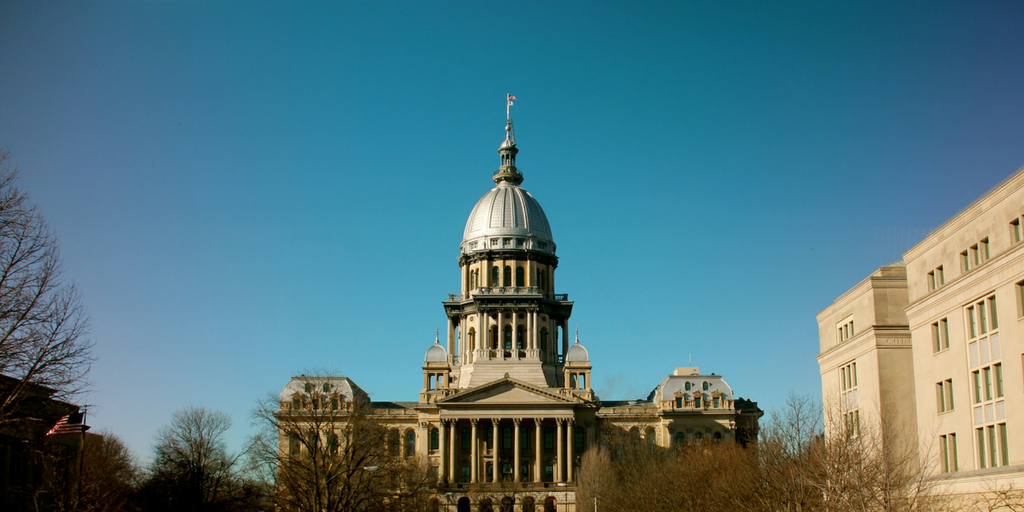When a 149-year-old university on the starved South Side of Chicago that serves a predominately black, predominately low-income student body is at risk of closing, that is a crisis. When several of a state’s social service providers have to cut back on staff and programs, leaving thousands of those in need unserved or underserved, that is a crisis.
The recent unimaginable poisoning of Flint, Michigan, children and their families forces us to face the reality that governments prioritizing fiscal experiments over constituents’ lives can easily result in man-made disasters.
Maybe the answer is for philanthropic organizations to respond to these man-made disasters … and to step in and help citizens prevent future disasters from happening again.
I first learned of the events taking place in Illinois over the summer when I heard a slight inflection of concern in the voices of staffers at the Chicago Coalition for the Homeless, an NCRP nonprofit member that advocates for housing as a human right.
That concern has since grown exponentially as protestors filled the streets and converged on Capitol Hill in response to nearly eight months of pain afflicted on the state’s most vulnerable by the people’s elected care-givers.
A conversation with Forefront, a philanthropic affinity group that brings together Illinois’s nonprofit, philanthropic, public agency, advisor and other allied voices, brought about a larger question: What role can and should philanthropy play in a budget crisis? My colleague Jeanné Isler and I put together a five-step plan to help foundations effectively respond to these rare, but potentially disastrous, circumstances.
State Budget Crisis Plan for Philanthropy
1. Dispatch emergency funds for emerging and existing movements.
Are there any groups or organizations that have been working on ending the budget impasse? There are probably groups already well-versed on the situation and equipped to quickly respond to the growing need to mobilize. Your support could tip the scale in a favorable direction for these groups. The Polk Bros. Foundation offered assistance to groups to support their extra advocacy efforts as a result of the Illinois budget impasse. Talk to advocacy and organizing groups to see what you can do to help them.
2. Speak to those directly affected.
Recognize your foundation’s individual agenda, and check it against the priorities of the people most critically impacted by the potential loss of services, resources and support systems. Reach out to and listen to the groups that are helping those people. Respond to those needs.
3. What are the emergency funding needs?
Are there social services that absolutely cannot afford to be cut from people’s lives? Are there critical institutions in danger of no longer existing? See if your foundation can support these services and institutions until the standoff is over. For example, in 2014, The Kresge Foundation stepped in to fund pensions during Detroit’s bankruptcy crisis.
4. Overcome bureaucracy to address funding needs quickly.
Last summer, I learned about Liberty Hill Foundation’s new rapid response grants. The grant program is a partnership between Liberty Hill and other funders in the Los Angeles area, but the funds are managed by the Liberty Hill Foundation. To quickly disburse the grants, the funders made current grantees aware of the available funds, but also kept their pulse on local happenings to determine the best groups to distribute funds to. Clearly this was a shift from normal giving procedures, but they recognized a need for rapid funding and made the necessary changes within their organization to make it happen. Can your foundation make these types of changes to respond to an escalated public need or to respond to a faster paced social change environment?
5. Build into your long-term plan direct funding and advocacy for the change you want to see.
Philanthropy needs to not only be nimble in making adjustments to deal with the unforeseen, but proactive in working with those directly affected to create a society that is more responsive to the voice of the people. It’s an idea that this country was founded on.
While tuned into the Ford Foundation’s recent From Protest to Power event, I heard someone say in reference to Flint, “We could have funded that a year ago. Tell us about Flint a year ago.” It’s true that some things are unpredictable. But philanthropy must possess the foresight to peer beyond the bend to see what implications governmental occurrences can have on the lives and futures of its people. Take an honest look to see which of these action steps your foundation can take now to play a proactive and preventative role in the midst of a budget crisis.
Janay Richmond is a Field Associate at NCRP. Follow @NCRP on Twitter.
Image by Daniel X. O’Nell, adapted under CC license.














































































































































































































































































































































































































Leave a Reply